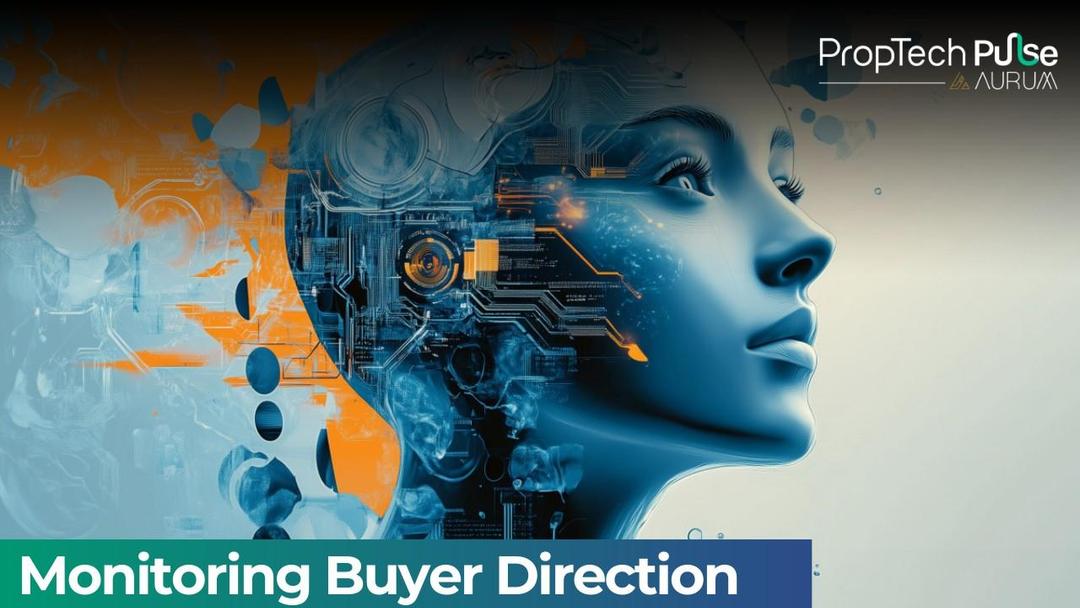AI Agent

Navigating the evolving world of artificial intelligence (AI) means more than just adopting new technology—it requires a deep understanding of how different AI paradigms shape outcomes for your business. Two primary approaches dominate the landscape: traditional AI systems and modern AI agents. Knowing how each works, their strengths, and their limitations will help you make the right choice to drive growth and competitiveness.
What Sets AI Agents Apart?
AI agents are autonomous, intelligent systems capable of interacting with their surroundings, collecting information, and executing tasks to achieve specific goals. They don’t need constant human direction; instead, they learn from experiences, adapt to new circumstances, and make informed decisions on their own.
For example, in a contact center, an AI agent can independently converse with customers, draw answers from internal documents, resolve queries, and escalate issues only when necessary.
Types of AI Agents
- Simple Reflex Agents: Rely on fixed rules to respond to particular conditions—think basic fraud detection algorithms.
- Model-Based Reflex Agents: Maintain an internal model to incorporate past states in decision-making, good for adaptive inventory tracking.
- Goal-Based Agents: Evaluate various strategies to meet objectives, used in robotics or advanced language processing.
- Utility-Based Agents: Use complex reasoning to select outcomes with the highest value, such as optimizing travel bookings for fastest routes.
- Learning Agents: Improve continuously, adjusting behaviors based on new input and feedback.
- Hierarchical Agents: Organize groups of agents in tiers, allowing scalable decomposition of complex jobs.
Decoding Traditional AI Systems
Traditional AI—sometimes known as rule-based or symbolic AI—solves well-defined problems using explicit rules and logic. These systems excel in structured environments with clear objectives, and typically require significant manual updates when conditions change.
Key Features of Traditional AI
- Rule-Based Systems: Implement “if-then” rules for tasks; common in basic decision support.
- Decision Trees: Use branching structures for sorting or classification tasks.
- Supervised Learning Models: Pattern recognition within a narrow, predefined scope.
- Symbolic Reasoning Engines: Manipulate symbolic logic, ideal for knowledge representation.
- Deterministic Algorithms: Perform consistently but rigidly with set data and instructions.
- Single-Turn Interactions: Lack context or memory across sessions.
- No Initiative or Autonomy: Actions require explicit prompts and do not independently initiate or plan.
Comparing AI Agents and Traditional AI: Core Differences
| Aspect | Traditional AI Systems | AI Agents |
|---|---|---|
| Decision Logic | Fixed rules, flowcharts | Context-aware, neural networks |
| Adaptability | manual updates needed | Self-optimization/learning |
| Data Handling | Structured datasets | Processes unstructured data |
| Autonomy | Needs explicit prompts | Independent, goal-driven behavior |
| Learning | No ongoing improvement | Continuous improvement |
| Error Response | Predictable failures | Dynamic recovery/reasoning paths |
| Use Cases | Simple, routine tasks | Strategic, adaptive applications |
Where Each Shines: Real-World Examples
| Industry | Traditional AI Use Cases | AI Agent Use Cases |
|---|---|---|
| Customer Service | Rule-based chatbots, sentiment analysis | Conversational support agents, adaptive assistants |
| Healthcare | Medical imaging, risk scoring | Diagnostic and medication agents, virtual health aides |
| Finance | Credit scoring, rule-based fraud detection | Adaptive risk/fraud detection, AI advisors, compliance agents |
| Manufacturing | Predictive maintenance, quality control | Real-time production and supply chain agents |
| Education | Automated grading, content suggestions | Adaptive tutors, engagement monitors |
| Transportation | Route optimization, traffic analysis | Self-driving, dynamic navigation agents |
| Retail | Recommendations, inventory management | Shopping assistants, autonomous stock ordering |
How to Decide: Which Is Right for Your Business?
- Complex, Ever-Changing Needs: Choose AI agents if your business processes are dynamic, involve various data types, and demand real-time adaptation. They're ideal for logistics, customer engagement, and anything requiring nuanced judgment.
- Structured, Predictable Workflow: Opt for traditional AI where reliability and repeatability are crucial, such as payroll or standard inventory management.
- Scalability & Flexibility: AI agents can handle a broader set of tasks and adapt without manual updates, supporting seamless growth.
- User Experience: AI agents enable natural language conversations, making processes intuitive and highly personalized.
- Compliance & Risk: Traditional AI offers greater predictability and explainability, which is ideal for regulated industries. AI agents may require new oversight strategies due to their autonomous nature.
- Cost Efficiency: Automating complex workflows with AI agents can cut long-term costs, while the simplicity of traditional AI is suited for well-scoped jobs with limited need for adaptation.
Why Embrace AI Agents Now?
- Independent Decision-Making: AI agents remove operational bottlenecks and enable 24/7 responsiveness.
- Contextual Learning: They keep evolving with your business, fine-tuning actions as situations change.
- Cost Savings: Automate and optimize multi-step workflows, freeing up human resources for strategic tasks.
- Superior User Experience: Proactively personalize and perfect customer interactions.
- Seamless Scale: Rapidly roll out solutions throughout your organization.
- Built-in Innovation: With continuous learning, AI agents accelerate the pace of business evolution.
Transformative AI Solutions Tailored for You
Ready to move your business forward? Modern, AI-powered chatbots and intelligent agents—like those offered by Nurix AI—offer:
- 24/7 Support: Never miss a customer query.
- Personalized Interactions: Learn from data for tailored solutions.
- Easy Integration: Fit into your banking, CRM, or compliance systems smoothly.
- Robust Security: Industry-leading encryption and regulatory compliance.
- Relentless Improvement: Always learning, always getting better.
- Cost Control: Automate routine matters and let your people tackle the toughest jobs.
Adopting adaptable AI agents positions your company to excel in an unpredictable world—unlocking growth, fostering innovation, and ensuring you’re ready for whatever comes next.

AI Agent
02 Mar 2026
4 Min Read
Intent Drift Detection in Real Estate: How Pulse AI Monitors Buyer Direction

AI Agent
02 Mar 2026
4 Min Read
Buyer Knowledge Curve in Real Estate: How Pulse AI Tracks Learning Progress

AI Agent
28 Feb 2026
4 Min Read
Decision Confidence Signals in Real Estate: How Pulse AI Identifies Buyer Assurance
Unlock the Latest in Real Estate
News, Infographics, Blogs & More! Delivered to your inbox.
“Data that drives action. Insight that inspires action. Technology that empowers action.“
“Data that drives action.
Insight that inspires action.
Technology that empowers action.“







